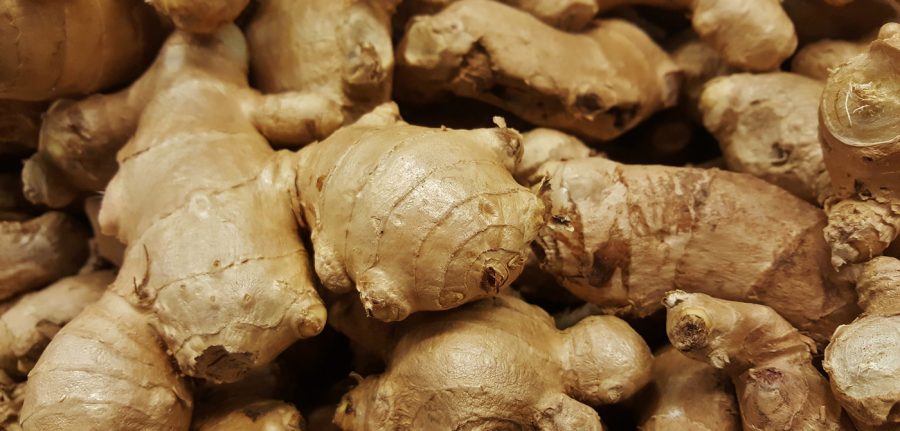Most dog owners’ first instinct when they notice symptoms of possible illnesses is to visit the vet, and rightfully so. You can’t afford to ignore any signs your pet is displaying because it may be due to something serious.
However, you’ve probably been in situations where you visited the vet only to find out that the issue may have been remedied at home. If your pet has a wound, stomach ulcers, gas, diarrhoea, or digestive problems, all you need in most cases is medicinal herbs for dogs.
The best thing about using medicinal herbs is that you can grow them at home. What’s more, you get to save some bucks on vet visits. So what are these herbs, and why should you include them in your dog’s diet? Let’s find out.
1. Oregano

If you’re a cooking enthusiast, you’ve probably used oregano countless times in your recipes. But did you know this herb is beneficial for dogs as well? Adding this herb to your dog’s diet can prove useful for relieving digestive problems, gas, and diarrhea.
Besides, research has shown that oregano oil has healing properties. You can use the oil to treat infections, ear mites, and other dog illnesses.
2. Aloe Vera

Aloe Vera is the mother of herbs. People have been using this herb since time immemorial to treat wounds and soothe stomach ulcers, among other things. But the aloe plant is not only good for you. It is beneficial for your dog as well when applied topically.
Due to its antibacterial and cooling properties, aloe vera is useful for soothing skin irritations, burns, and scrapes on your pet’s skin. However, if you decide to use this herb, it’s crucial to ensure your dog doesn’t ingest it.
Keep your dog away from the plant itself and ensure they don’t lick the treated area because aloe vera ingestion is toxic to your dog.
3. Rosemary

You can’t list the best medicinal herbs for dogs without mentioning rosemary. This herb is packed with beneficial compounds such as Iron, Vitamin B6, and Calcium. Furthermore, rosemary has antioxidant properties that are beneficial for your furry friend.
However, although this herb is rich in iron, you shouldn’t add it to your dog’s diet as a replacement for iron supplements. There isn’t enough research supporting adequate bioavailability of iron in rosemary.
Therefore, it’s sometimes best to invest in quality dog food that offers the nutrients your dog needs (like the dry and wet dog food available at PetLife). Do your research and talk to your vet about the best way of adding iron to your dog’s diet.
4. Ginger

Ginger is another herb you won’t miss in most homes. From treating the flu to adding a unique taste to tea, this herb is packed with medicinal benefits. However, it’s not just good for your health, your fur baby can also benefit from having this herb in their diet.
Ginger is beneficial for preventing and relieving gastric dilatation and volvulus. What’s more, this herb accelerates stomach emptying and stimulates stomach motility.
5. Peppermint

The benefits of peppermint for humans are endless. The herb is used to relieve car sickness, reduce nausea and gas, and soothe upset stomachs, among other things. But what most people don’t know is that the herb is beneficial for canines as well.
According to Modern Dog Magazine, research has shown this herb has radioprotective effects that reduce mortality and radiation-induced illnesses in animals undergoing chemotherapy.
Wrapping Up
If you’ve not been incorporating these herbs into your dog’s diet, it may be time to do so. These herbs have a plethora of benefits your dog might benefit from. However, before you add anything to your dog’s diet, it’s best to consult your vet on the dosage and the right herbs for your particular size and type of dog.
Featured image thanks to Natasa Mirkovic on Unsplash.




